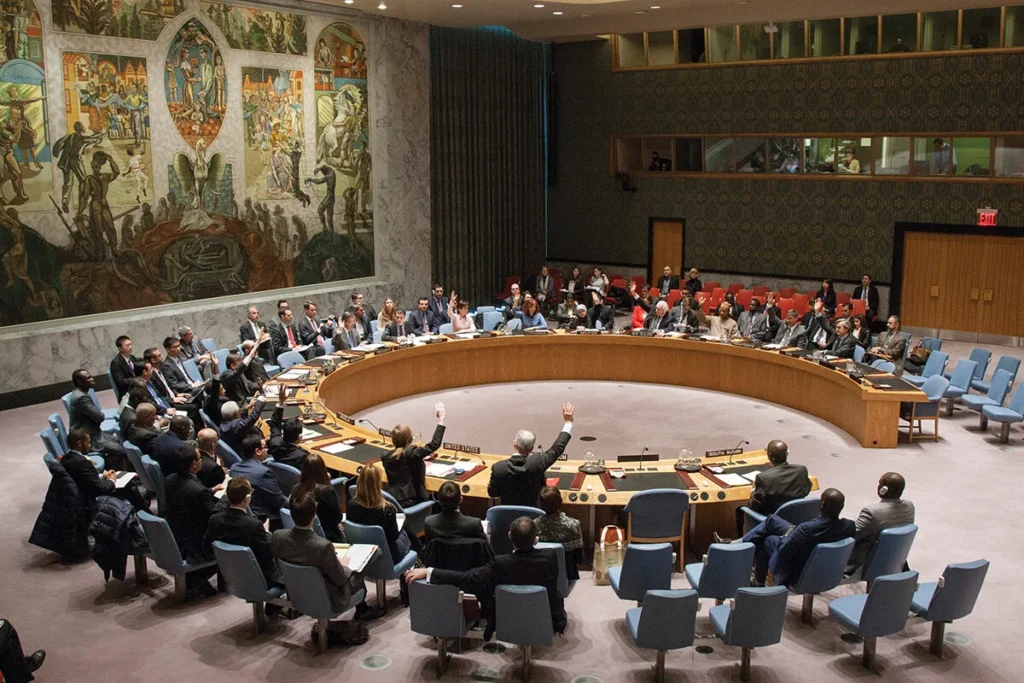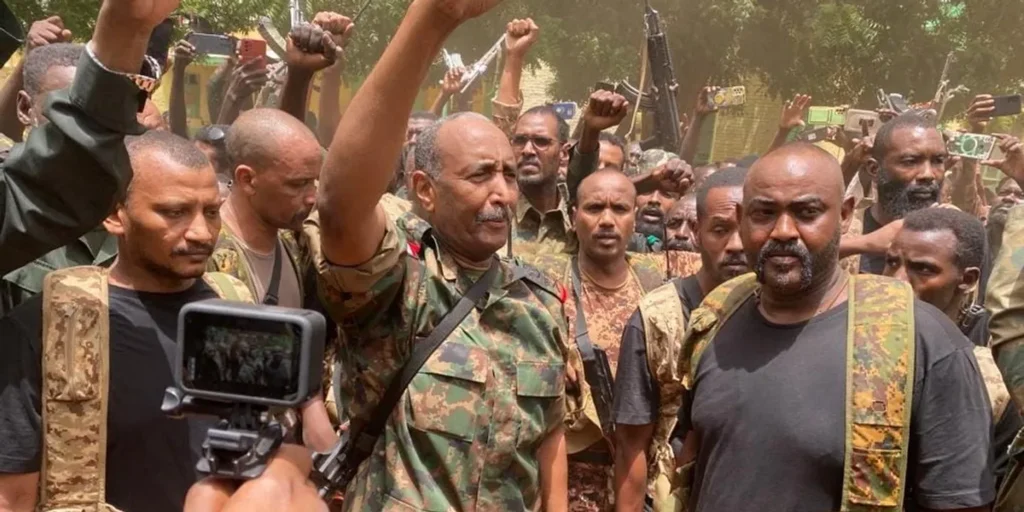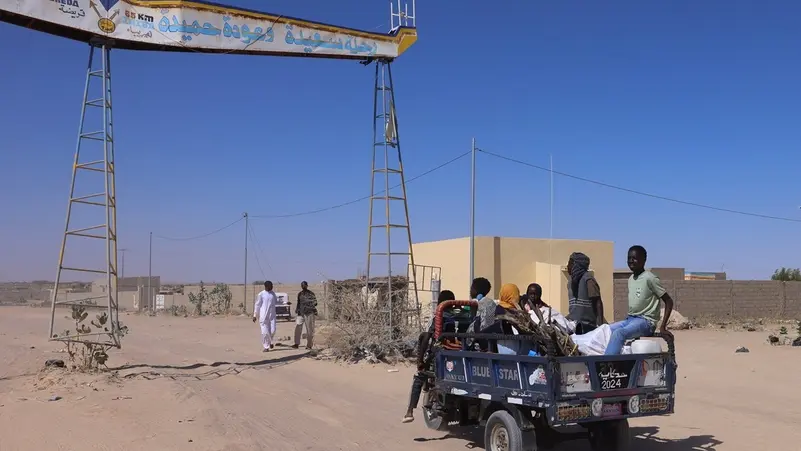
It has been a year since the eruption of civil war once again engulfed Sudan, leaving behind a trail of devastation and displacing millions.
Among them is 24-year-old Alabaki Abbas Ishag, who has spent the past month eking out an existence in a makeshift refugee camp on the border of Chad.
Ishag’s journey to safety was fraught with peril, as he fled the horrors unfolding in Sudan’s western region of Darfur, a place marred by violence for decades. Dodging death squads and seeking refuge in abandoned homes, he eventually found his way to the Chadian border village of Koufroun.
The conflict, which erupted on April 15, 2023, between Sudan’s regular army and RSF, has exacted a heavy toll. In El-Geneina, the capital of West Darfur, where Ishag once sought sanctuary, thousands fell victim to the brutality of war, with estimates suggesting tens of thousands lost their lives within the first nine months alone.
For Ishag, the horrors he witnessed are etched into his memory. Forced recruitment attempts by warring factions, mass graves, and the agonizing sight of bodies set ablaze are haunting reminders of the atrocities he narrowly escaped.
Now in Koufroun, Ishag, like thousands of others, grapples with the harsh realities of life as a refugee. Daily survival is a struggle, with access to food and shelter hanging in precarious balance, especially as the rainy season looms ominously on the horizon.
Chad has become a reluctant haven for nearly a million Sudanese refugees, bearing witness to successive waves of displacement over the years. The influx shows no signs of abating, with over half a million seeking refuge in Chad in the past year alone, joining the ranks of those who fled the Darfur conflict in 2003.
Yet, amidst the overwhelming need, humanitarian assistance teeters on the brink of collapse. The UN World Food Programme’s warning of impending aid suspension due to funding shortages paints a grim picture for refugees already stretched thin. Families like Hada Ishag Fadallah’s face stark choices, with children compelled to work alongside their parents to make ends meet.
The plight of refugees like Asha Mohamat Mousa underscores the urgency of the situation. Cut off from vital assistance, they find themselves in increasingly dire circumstances, with little hope on the horizon.
Meanwhile, in the sprawling camps that dot the border, tensions simmer as resources dwindle. The specter of conflict looms large, exacerbating an already precarious situation.
As the world’s attention shifts elsewhere, the voices of Sudanese refugees in Chad grow fainter. In the face of mounting challenges and dwindling support, their struggle for survival risks being forgotten amidst the clamor of global crises.




